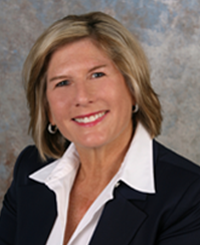Should You Consider a Reverse Mortgage?
A reverse mortgage is a loan against the equity you have built up in your home. It allows you to receive extra income, and when you die, vacate, or sell your house, the loan is repaid. You must be 62 years of age or older to obtain a reverse mortgage, and the loan applies only to your primary residence. There are several possibilities-you can receive a lump sum, monthly payments, a line of credit, or some combination of these options. The homeowner retains ownership of the home during the reverse mortgage period. Since these types of mortgages can be complex and involve fees, you need to be comfortable with how the costs stack up against how much you will receive in loan advances and how much equity will remain at the end of the reverse mortgage period.
There are several types of reverse mortgages, but the only kind insured by the federal government are the home equity conversion mortgages (HECMs). According to AARP\’s Web site, “HECM loans are the lowest-cost multipurpose reverse mortgages available, and in most cases they provide the largest total cash benefits as well.” Other types of reverse mortgages are offered by state or local governments, banks, mortgage companies, or other private lenders.
If you are pursuing an HECM, then by law you must meet with a U.S. Department of Housing and Urban Development (HUD)-approved mortgage counselor ahead of time. For general info, go to http://www.aarp.org/revmort or call AARP at 888-687-2277; for a list of lenders, contact http://www.reversemortgage.org; for a list of approved counselors, contact HUD at http://www.hud.gov (this site is a little tricky-click on “Consumer Info,” under “Homes,” then click on the link with information about reverse mortgages for seniors). Or you can call them at 202-708-1112.
The US Department of Housing and Urban Development (HUD) says that there are about 13 million seniors who are qualified to obtain a reverse mortgage, and the number of seniors taking out a reverse mortgage has grown to 74,000 per year from just 6,600 per year five years ago. These numbers will increase substantially as the Boomer generation reaches 62, the age at which reverse mortgages are available.
For people who want to stay in their own home, but who may not be able to afford to do so otherwise, a reverse mortgage may be worth considering.



Leave a Reply
You must be logged in to post a comment.